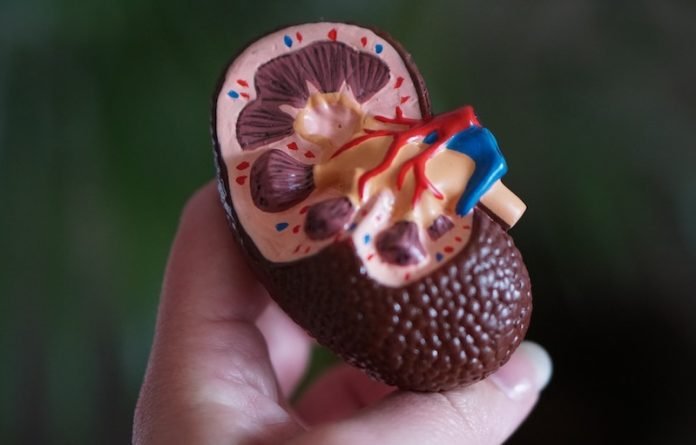
Researchers at the University of Galway have made promising progress in developing a new cell therapy for individuals living with diabetes.
This therapy aims to help those with type 2 diabetes and worsening kidney disease, despite receiving the best medical treatment available.
In this study, researchers administered a single dose of ORBCEL-M intravenously to carefully selected individuals with worsening kidney disease due to diabetes.
They found that this therapy was safe and led to better preservation of kidney function when compared to a placebo.
This finding is significant because nearly a quarter of a million people in Ireland are living with diabetes, and over 40% of them have evidence of kidney disease.
People with type 2 diabetes who have diabetic kidney disease, or DKD, can face worsening kidney function despite receiving the best medical therapy available.
This puts them at high risk for requiring dialysis or a kidney transplant in the future. Both of these treatments are complex and can come with serious complications.
The study followed diabetic patients who received the cell therapy closely for 18 months.
The researchers aimed to resolve systemic inflammation and improve kidney function to prevent the need for dialysis or a kidney transplant.
The team is encouraged by the safety profile and preliminary efficacy signals observed in patients who received the therapy.
The researchers hope to continue advancing this new therapy through Phase 3 efficacy trials and obtain market approval.
If successful, this cell therapy could be a promising solution for those living with type 2 diabetes and worsening kidney disease.
How to protect kidney health if you have diabetes
If you have diabetes, there are several steps you can take to protect your kidney health and reduce your risk of developing diabetic kidney disease (DKD):
Keep your blood sugar levels under control: High blood sugar levels can damage the small blood vessels in your kidneys, leading to DKD.
To reduce your risk, make sure to manage your blood sugar levels through diet, exercise, and medication as prescribed by your healthcare provider.
Manage your blood pressure: High blood pressure is another risk factor for DKD. Work with your healthcare provider to maintain healthy blood pressure levels, usually below 130/80 mm Hg.
Quit smoking: Smoking can damage blood vessels and make it harder for your kidneys to function properly. If you smoke, talk to your healthcare provider about strategies to quit.
Stay hydrated: Drinking plenty of water can help your kidneys function properly and flush out waste products. Aim to drink at least 8 cups of water per day.
Limit alcohol intake: Drinking too much alcohol can increase your blood pressure and damage your kidneys. If you choose to drink alcohol, do so in moderation (up to one drink per day for women and up to two drinks per day for men).
Maintain a healthy weight: Being overweight or obese can increase your risk of developing diabetes and DKD. Aim to maintain a healthy weight through a balanced diet and regular exercise.
Get regular kidney function tests: If you have diabetes, your healthcare provider will likely recommend regular tests to check your kidney function, including blood tests to measure creatinine and urine tests to check for protein.
This can help detect early signs of DKD and allow for early treatment.
By following these steps, you can help protect your kidney health and reduce your risk of developing diabetic kidney disease.
If you care about diabetes, please read studies about a cure for type 2 diabetes, and these vegetables could protect against kidney damage in diabetes.
For more information about diabetes, please see recent studies about a major breakthrough in diabetes treatment, and new therapy for diabetes remains effective 2 years later.
Copyright © 2023 Knowridge Science Report. All rights reserved.



